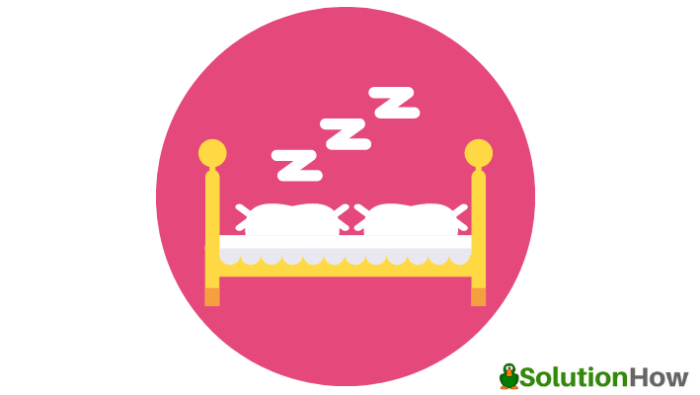
Want to Ensure a Good Night’s Sleep
Is your partner complaining about your loud snores? If your loud snores are accompanied by shortness of breath, sore throat or dry mouth, and low energy levels throughout the day, it’s more than a snoring problem—it’s most probably sleep apnea.
Sleep apnea is a serious sleeping disorder that causes your breathing continuously stops and starts throughout the night. This disorder shouldn’t be taken lightly because it increases your risk of heart problems or stroke when left untreated.
The good news is it’s easily manageable. In fact, one of the best sleep apnea management strategies is to use a pillow for sleep apnea. Continue reading to find the right pillow for your condition!
How a Pillow can Help with Sleep Apnea
Before we dive into the benefits of pillows for sleep apnea, let’s first explore the two types of sleep apnea. The most common type is Obstructive Sleep Apnea (OSA), and it occurs when the throat muscles relax, which causes the partial or complete blockage of the upper airway. The second type is Central Sleep Apnea (CSA), wherein the brain cannot send proper signals to the muscles that regulate breathing.
Different types of sleep apnea pillows can help with the management of both types of sleep apnea. For Obstructive Sleep Apnea, we have adjustable pillows, contoured pillows, and wedge pillows, which are all designed to elevate the head of the sleeper. With this sleep position, the airways are kept open, reducing the risk of blockage.
On the other hand, Central Sleep Apnea is often managed using the Continuous Positive Airway Pressure (CPAP), which requires the user to wear a mask over his nose or mouth while sleeping. A CPAP pillow is designed to ensure that the device won’t interfere with your sleep quality because it has contours and holes where the cords can go through.
Tips When Choosing a Pillow for Sleep Apnea
To accommodate the rising sleep apnea cases, plenty of different sleep apnea pillow options are now available. To help you choose the best one for your needs, here are some tips to keep in mind:
Choose the right type of sleep apnea pillow.
As mentioned, there are different types of sleep apnea pillows. It’s a must that you familiarize yourself with the differences of these types to determine which one is most suited for your condition. Here are some of the information you need to know:
CPAP-friendly Pillows
These pillows come with cutouts to prevent leaks and help you sleep comfortably even with your mask on. These are often made from memory foam filling that provides deep spine support and keeps your head in a comfortable sleeping position.
Orthopedic/ Contoured Pillows
Same with CPAP pillows, these are usually made from memory foam, so they offer deep spine support too. Their best feature is they have contours designed to support the neck or elevate the head, and position both to reduce the risk of blockage.
Wedge Pillows
These are triangular shaped pillows with one end higher than the other. They also work well in elevating the head.
Adjustable Pillows
Made from shredded memory foam, filling this pillow shifts and moves, so you can customize its loft, thickness, and filling positioning. With these options, you can create a higher loft to elevate your head at night.
Keep your other health conditions in mind.
Our goal is to manage your sleep apnea so we should avoid another sleeping disorder to the mix. With that in mind, you have to consider your skin allergies or sensitivities when choosing a sleep apnea pillow. As much as possible, go for hypoallergenic and natural pillow covers so you won’t be exposed to potential allergy triggers.
Go with a pillow with a breathable and cool sleeping surface.
Night sweats are another sleep disorder you would want to avoid, and you can do this by using a sleep apnea pillow with a breathable sleeping surface. Unfortunately, most sleep apnea pillows are made from memory foam, which is the pillow fill with poor temperature regulating properties, so you’re prone to sleeping hot.
The solution to this is to go for a memory foam pillow with gel-infusion technology or has a bamboo pillow cover.
Conclusion
Snoring is a sign of sleep apnea, but not everyone who snores have sleep apnea. The best telltale sign of sleep apnea is the feeling of sleepiness and fatigue during the day. If you exhibit this symptom, it’s best that you visit your doctor right away.
It can be scary to be diagnosed with a sleep disorder like sleep apnea. However, it’s better to address it sooner rather than later so you can prevent further complications. If you do this as quickly as possible, the management can be as simple as getting a new pillow.







You must be logged in to post a comment.